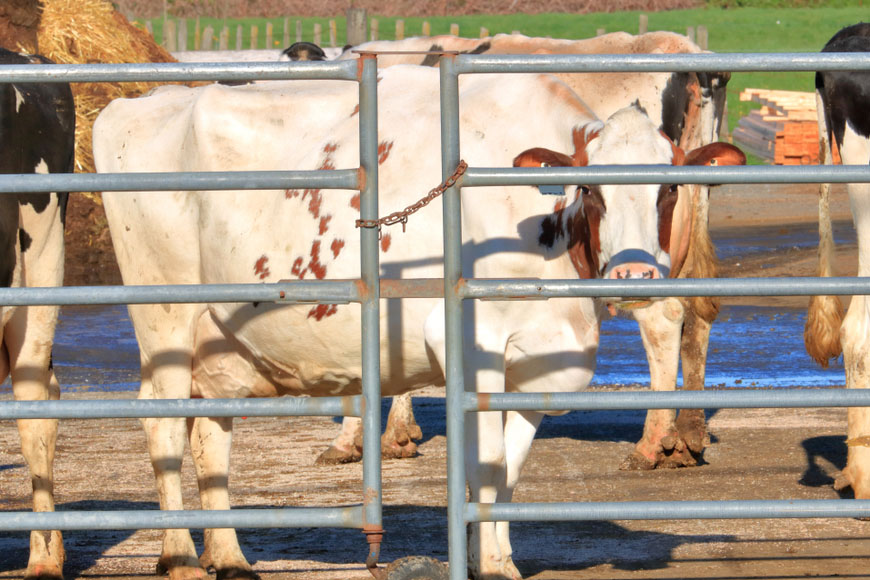Avoid Buying or Butchering Livestock From Unlicenced Slaughterhouses For Eid Al Adha
UAE health authorities warn residents not to butcher sacrificial animals at home for Eid al-Adha feasts
25 July 2019
Clarice

Butchering sacrificial animals at home for Eid al-Adha can lead to serious health risks
It's common for Muslim-practicing residents to have livestock such as a lamb or goat butchered for an Eid al-Adha feast. The Festival of the Sacrifice is celebrated with special prayers and sermons at mosques, people wear new clothes, and visit family and friends.
For those who are financially able, there is also the customary symbolical sacrifice of an animal of which the act is called "qurbani". It's intended to represent the animal that Ibrahim sacrificed instead of his son, according to Islamic stories.
As Eid al-Adha approaches, UAE health authorities have issued strong caution to residents against slaughtering the sacrificial animals at home, or purchasing meats from non-registered slaughterhouses as there is no proof that their equipment and practices meet the required health standards.
Buying butchered meat from unlicensed abattoirs increases the risks of contracting fatal diseases including Crimean-Congo Haemorrhagic Fever.
The deadly virus can be transmitted to humans from ticks and livestock. It can also be transmitted between humans by close contact with human secretions, blood, organs, and other bodily fluids.
Symptoms of Crimean-Congo Haemorrhagic Fever include:
- Nausea
- Fever
- Headache
- Bleeding
- Shock
- Multi-organ failure
According to health officials, 40% of victims die due to the virus and there is currently no vaccination for people or animals against it.
Licensed butchers test their livestock for any signs of disease before slaughtering them with hygienic equipment and selling the cuts.
Local authorities suggest residents celebrating Eid al-Adha to purchase meat from official livestock slaughterhouses in order to avoid fatal diseases.














